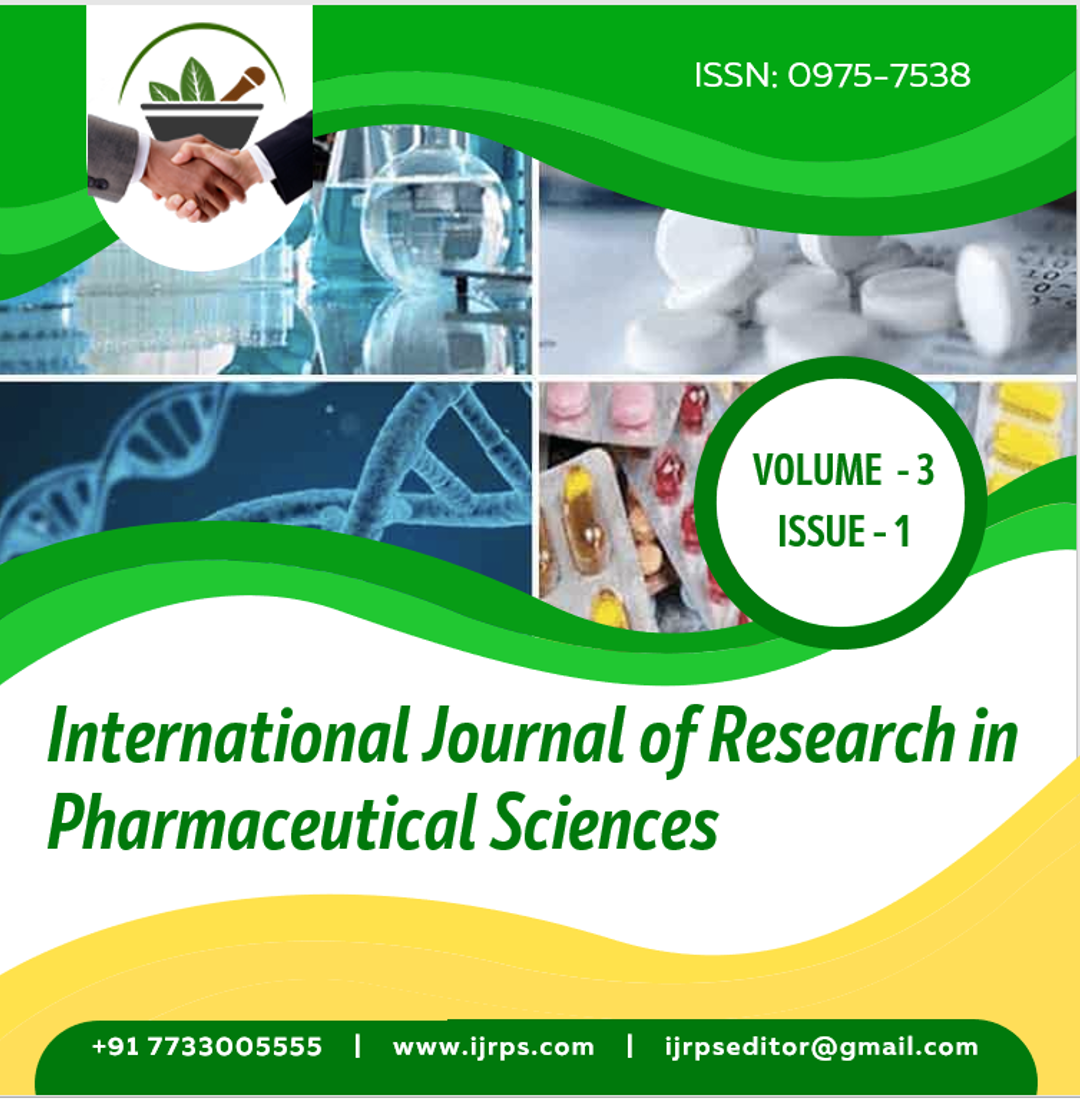Abstract
Stem cell therapy, often referred to as “magic cell therapy” boost tissue differentiation, development, and repair and facilitate an interpretation of ageing and organogenesis phenomenon. However, many social, moral and ethical dilemmas arise in context of therapeutic application and biomedical researches involving stem cells. Issues of concern may range from psychological/physiological effects on potential beneficiaries or donors; ethical dilemmas concerning the origin of embryonic stem cells; logistic issues like cost and availability, medical concerns like tera- togenic proliferation as well long term general implications on society. Key stake potential challenge lies in distinguishing, defining and justifying ‘benchmark’ guidelines of therapeutic, prophylactic and non-therapeutic intervention in stem cell therapy. Researchers related to stem cells cultivate a ‘lot of tissues’, in an almost commercial pattern. Stem cell oriented biomedical techniques like cloning, genetic modification and in- vitro fertilization furnish progressive physical creation, maintenance, alteration or repair of humans, without any clear distinction between the natural and the artificial. There is no convergence between ‘what is original and what is scoop’. Would perhaps not be an understatement in such a scenario, the ‘magic cell’ holds the possibility to direct and alter prime personalities, life and life styles.
Full text article
Authors

This work is licensed under a Creative Commons Attribution-NonCommercial-NoDerivatives 4.0 International License.

